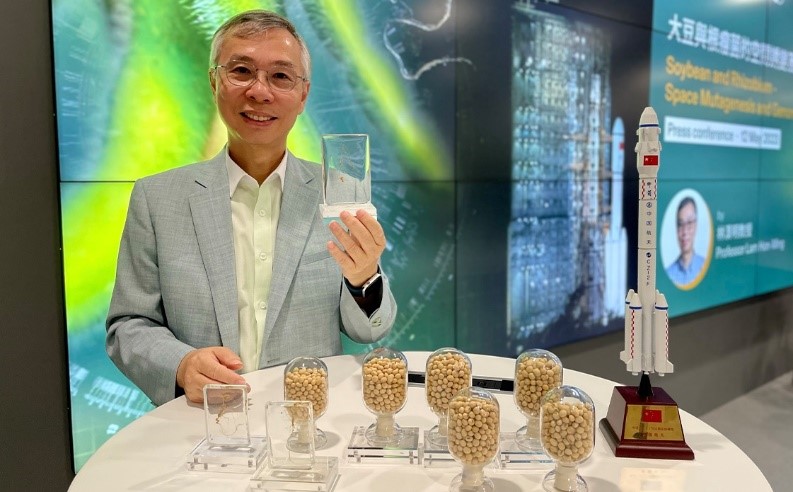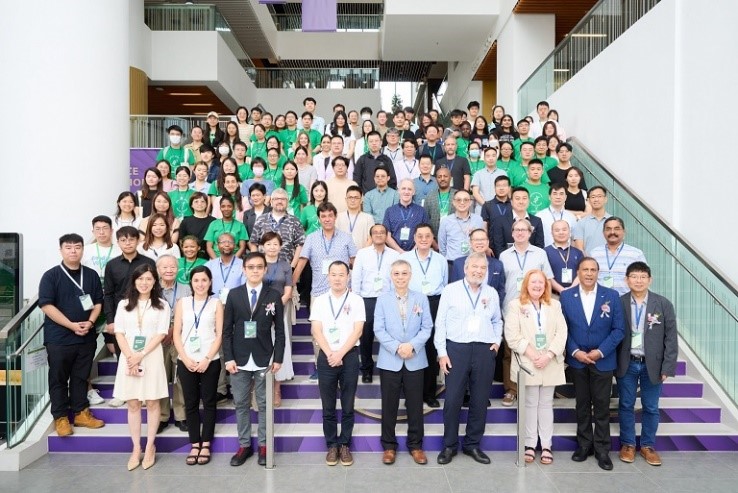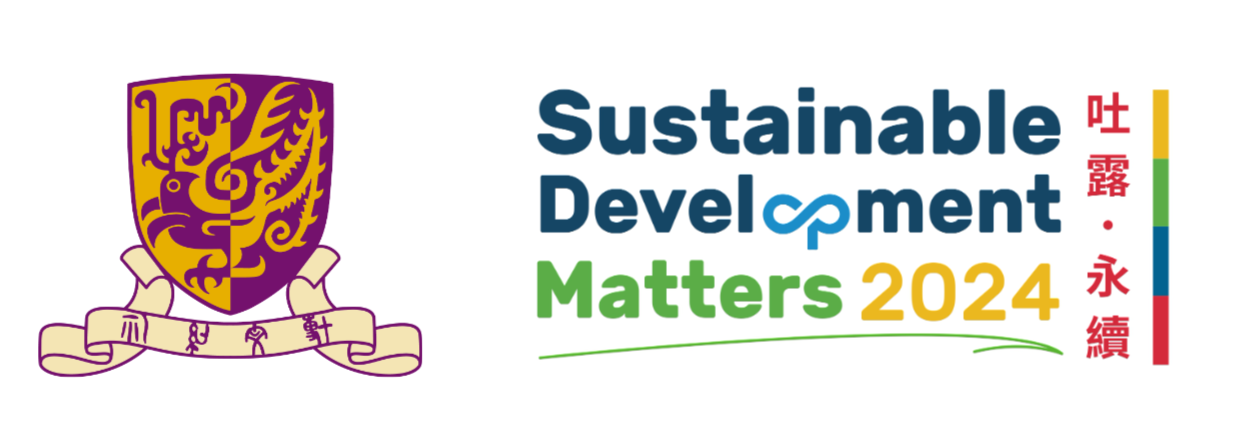SDG 2| Zero Hunger
End hunger, achieve food security and improved nutrition and promote sustainable agriculture
The global incidence of hunger has risen significantly since the onset of the covid-19 pandemic in 2020. In 2023, around 9% of the world’s population was facing challenges related to food insecurity. This critical situation, driven by conflicts, extreme weather events, and economic turmoil, has highlighted the pressing requirement for long-term, sustainable remedies. CUHK stands out for its leadership in pushing forward studies on sustainable agriculture and food security, aiming to introduce innovative approaches to food production in the face of environmental challenges. CUHK also places great importance on sustainable procurement methods, advocating for fair trade and nurturing a community that values conscientious and sustainable food consumption practices.
Curriculum
30 related courses were offered in the 2023–24 academic year.
Policies
CUHK is a publicly-funded higher education institution and recognizes its responsibility to spend this funding wisely. Sustainable procurement is a key practice aimed at reducing the environmental impact of its purchases. The University has established a Sustainable Procurement Policy and Guidelines that advocate for acquiring fair-trade, ethically sourced and vegetarian-friendly products. CUHK is committed to responsible food consumption, and avoids purchasing food items that are either unsustainably produced or are linked to conservation issues. Furthermore, CUHK strictly adheres to the three seafood consumption categories recommended by the WWF Seafood Guide, which are designed to lessen the environmental and social impacts of food choices.
Catering committees on campus manage and supervise the various eateries, including canteens, restaurants, fast food outlets, and cafeterias in both the Central Campus and the various Colleges. Their primary focus is to guarantee that students can access diverse nutritious and affordable food options. Potential caterers are subjected to a thorough evaluation and approval process via a stringent catering tendering procedure. CUHK also actively participates in the government’s EatSmart@school Campaign to provide healthy and affordable choices for campus members.
Research
CUHK’s State Key Laboratory of Agrobiotechnology (SKLA) aims to build a World Class International Research Centre in China to conduct basic science research in order to uplift China’s agricultural technology increase agricultural productivity, safeguard national food security and sustainable agriculture, and improve nutrition. By combining the strength of modern biotechnology and the traditional wisdom of breeders and farmers, the laboratory pledges to serve society by generating new knowledge, producing novel technological platforms, products, and training high calibre technologists, thereby boosting technical reserves and agricultural productivity in China and beyond.
SKLA rests on a strong foundation of basic research. Its vision is to address important agricultural questions by conducting applied basic science studies in selected strategic areas. In line with the strategic direction of scientific and technological development set forth in the national 14th Five-Year Plan, SKLA will actively promote deep collaborations between the Mainland and Hong Kong to achieve scientific advancement, in order to deliver new knowledge and innovative products to safeguard global food security and sustainability.

Global efforts to address food security
The International Symposium on Agricultural Genomics for Food Security and Plant-Environment Interaction in a Changing Climate was held on August 9–11, 2023. The event brought together over 150 experts and scholars from all over the world. Key discussions focused on agricultural genomics, including the potential of underutilized crops and nutritional research to enhance food security. The symposium also nurtured the foundation of the International Consortium for Research and Applications of Legumes, aimed at driving collaborative research initiatives for environmental sustainability, aligning with global efforts to address food security challenges.

PREVIOUS
No Poverty
SDG 1
NEXT
Good Health and Well-being
SDG 3
